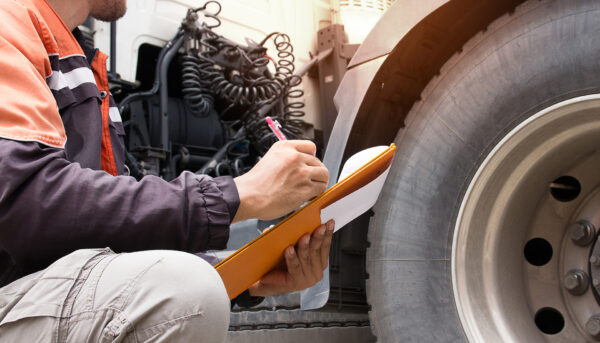The Canada Revenue Agency (“CRA”) is constantly undertaking various audit initiatives across the country. In recent years, the CRA has targeted aggressive tax planning, related parties, high-net-worth taxpayers, risk-based businesses, and many others. One such audit initiative focuses on sections 102 (“Regulation 102”) and 105 (“Regulation 105”) of the Income Tax Regulations (collectively, “Regulations 102 and 105”). This initiative regarding Regulations 102 and 105 has recently been directed towards cross-border motor carriers, who may not be fully compliant according to the CRA’s interpretation.
Overview of Regulations 102 and 105
Regulations 102 and 105 apply in situations where a non-resident (the “Payor”) pays an amount to another non-resident (the “Payee”) for services rendered by the Payee to the Payor in Canada.
Under Regulation 102, the Payor must withhold a certain amount if the Payee is an employee performing services in Canada. The amount to be withheld is based on the typical payroll source deductions for combined federal and provincial income taxes.
Under Regulation 105, the Payor must withhold a certain amount if the Payee is a non-resident receiving a fee, commission, or other amount for services rendered in Canada. The federal withholding rate is 15% of the amount payable. Regulation 105 applies to self-employed individuals, corporations, and other specified parties.
If both Regulations 102 and 105 could apply to a situation, Regulation 102 takes precedence to avoid double withholding.
Application to Cross-Border Motor Carriers
Generally, services rendered in Canada by U.S. truck drivers (including both employees and independent contractors) are not taxable in Canada under the Convention Between Canada and the United States of America (the “Convention”), as referenced in Article VX, Section 3 of the Convention for employees, and Article VIII, Section 4 of the Convention for subcontractors.
However, despite these services typically not being taxable in Canada due to the Convention, the CRA maintains that Regulations 102 and 105 apply and that amounts must be withheld on payments made to these truck drivers for any portion of a cross-border movement that occurs in Canada. This position by the CRA has surprised many cross-border motor carriers, who honestly believed there was a long-standing policy exempting the transportation industry from these withholding rules.
Consequences of Failure to Withhold Under Regulations 102 and 105
A Payor who fails to withhold amounts under Regulations 102 and 105 is liable for the following:
- the withheld amount that should have been remitted to the tax authorities;
- interest; and
- penalties:
- up to 10% of the assessed amount for failure to deduct at source (this amount can be doubled in cases of gross negligence);
- up to 20% for failure to remit; and
- up to $7,500 for late filing.
Options Available to Avoid the Consequences of Failure to Withhold Under Regulations 102 and 105
Taxpayers affected by Regulations 102 and 105 have several options to comply with these tax rules:
- Employees and subcontractors can, under certain conditions, obtain waivers from the CRA that allow the Payor not to withhold.
- The Payor can request a Qualified Non-Resident Employer designation from the CRA (applicable only to payments made to qualified employees, not subcontractors).
- The Payor can withhold amounts to be paid to employees and subcontractors.
Each of these options may present challenges for the Payor and/or the Payee. Since every situation is different, one option may be more advantageous than another for a particular taxpayer.
Taxpayers who find themselves in non-compliance with Regulations 102 and 105 can also seek legal advice to determine how to rectify the situation, including the possibility of making a voluntary disclosure to the CRA.
For more in-depth analysis, review our webinar recording on this topic.





